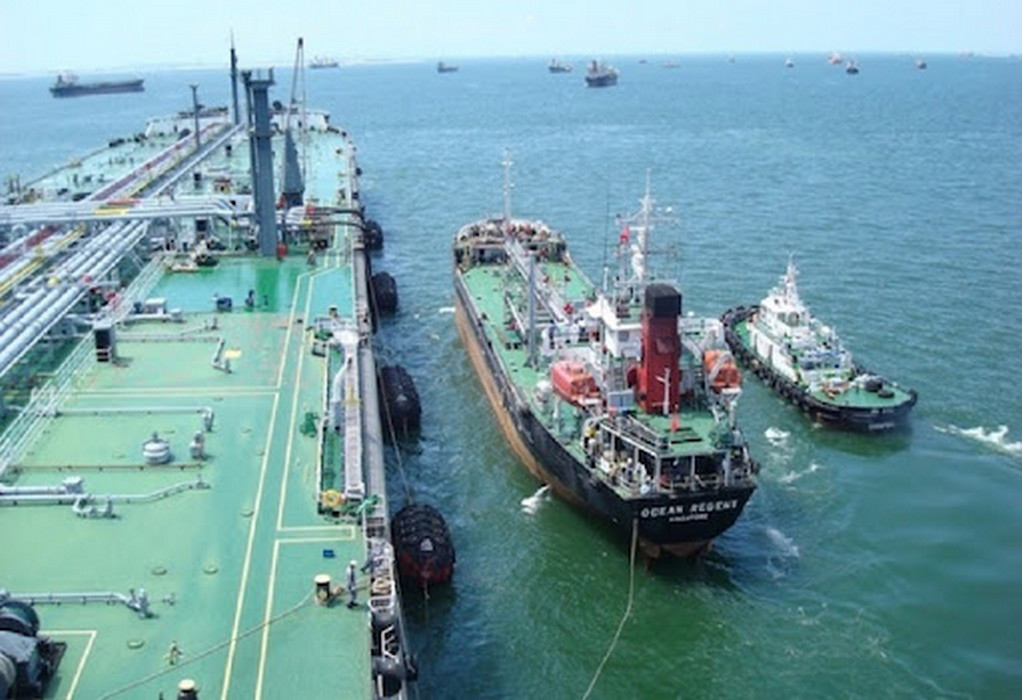Demand for biofuels for bunkering in the Mediterranean could be driven up in 2025 by the region becoming a sulphur oxide Emission Control Area (ECA) and vessels in EU territorial waters having to pay for 70% of their CO2 emissions.
The International Maritime Organisation (IMO) starting 1 May 2025 will require that vessels traveling in the EU Mediterranean territorial waters burn marine fuel with sulphur content capped at 0.1%, down from 0.5% sulphur. Starting on 1 January 2025, the EU will require that ship owners traveling EU territorial waters, including the Mediterranean, pay for 70% of their CO2 marine fuel emissions through its emissions trading system (ETS), up from 40% in 2024.
The Mediterranean becoming an ECA is expected to increase demand for 0.1% sulphur marine gasoil (MGO) and reduce demand for 0.5% sulphur residual fuel oil. The Mediterranean 0.1pc sulphur ECA will commence 10 years after northern Europe’s. On 1 January, 2015, the North Sea and the Baltic Sea ECAs, transitioned to 0.1% sulphur marine fuels from 1.0pc sulphur fuel oil. As a result, in the port of Rotterdam, on the North Sea, the share of sales of 0.1% sulphur MGO of total marine fuel sales rose to 16% in 2015 from 6pc in 2014. The share of residual fuel oil of total bunker sales in Rotterdam dropped to 84% in 2015 from 94% in 2014.
But MGO emits nearly as much CO2 as residual fuel oil, and would not reduce ship owners’ CO2 bill. Biofuels can be carbon neutral if made by sustainable biomass and are also compliant with the ECA sulphur limit. In 2025, marine shipping companies could shift to burning biofuels in the Mediterranean provided that biofuel prices do not exceed the cost of MGO combined with CO2 cost. Argus assessed MGO at $849/t average in March in the west Mediterranean hub of Gibraltar-Algeciras-Ceuta. Argus assessed EU-traded CO2 at $96/t in March. Burning 1t of MGO emits about 3.2t of CO2. Thus, at the current snapshot of time, biofuel below $1,156/t would be considered competitively priced compared to MGO.
Companies currently offering or planning to offer biofuels for bunkering in the Mediterranean include: Cepsa, Peninsula and Repsol in Spain, Galp in Portugal and Alpha Trading, Eni and Fratelli Cosulich in Italy.
There are no statistics available for total EU Mediterranean waters marine fuel demand. The latest total EU bunker demand statistics — which include Mediterranean, North Sea, Baltic Sea, Black Sea and Atlantic Ocean EU waters — were at 40.3mn t for 2021. This number excludes smaller vessels of less than 5,000 gross tonnes and UK territorial waters.
Tags: Biofuels, Bukering, Demand, Mediterranean



Recent Posts
Port of Brisbane Unveils Vision 2060 to Drive Smarter, Cleaner, and More Connected Future
Wärtsilä to Deliver Hybrid Propulsion Systems for Vertom Group’s New Low-Emission Vessels
Latvian port receives electric Konecranes Gottwald Mobile Harbor Crane
Sustainable Ocean Economy Vital for Human Development, Says UNDP at UN Ocean Conference
Green Hydrogen Costs in India Could Drop by 40%, Says IEEFA-JMK Report
Cavotec Secures €1.55 Million Shore Power Contract for Port of Antwerp-Bruges
APM Terminals and SANY Marine sign landmark agreement to accelerate decarbonisation
The Port of Gothenburg takes big step towards shore power connection for container and car/RoRo vessels